Description
Honeyed gooseberries, gooseberries soaked in honey, have various health benefits. It boosts immunity and provides benefits such as blood purification, improved digestion, and skin health. Furthermore, it is believed to help remove toxins from the body and maintain youth. Both honey and gooseberries are rich in antioxidants. Together, it is considered a good medicine for people with anemia. Honey and gooseberry help to cure digestive problems. In particular, it is said to provide relief from problems like acidity and heartburn. This help keep the skin glowing and healthy. It is believed that honey gooseberry strengthens the heart muscles and reduces the risk of heart diseases.
தேன் நெல்லிக்காய், தேனில் ஊறிய நெல்லிக்காய், பல்வேறு உடல் நலன்களைக் கொண்டுள்ளது. இது நோய் எதிர்ப்பு சக்தியை அதிகரிப்பதோடு, ரத்த சுத்திகரிப்பு, செரிமான மேம்பாடு, மற்றும் சரும ஆரோக்கியம் போன்ற நன்மைகளை வழங்குகிறது. மேலும், இது உடலில் உள்ள நச்சுக்களை நீக்கி, இளமையை தக்கவைக்க உதவுகிறது, ஆன்டிஆக்சிடன்ட்கள் நிறைந்துள்ளன. ரத்த அணுக்களின் எண்ணிக்கையை அதிகரிக்கவும் உதவுகிறது. எனவே, ரத்த சோகை உள்ளவர்களுக்கு இது ஒரு நல்ல மருந்தாக கருதப்படுகிறது. செரிமான பிரச்சனைகளை சரிசெய்ய உதவுகிறது. குறிப்பாக, அசிடிட்டி மற்றும் நெஞ்செரிச்சல் போன்ற பிரச்சனைகளுக்கு தீர்வு தருகிறது. இவை சருமத்தை பளபளப்பாகவும், ஆரோக்கியமாகவும் வைத்திருக்க உதவுகிறது. இதயத் தசைகளை வலிமையாக்கி, இதய நோய்கள் வருவதற்கான அபாயத்தைக் குறைக்கிறது.
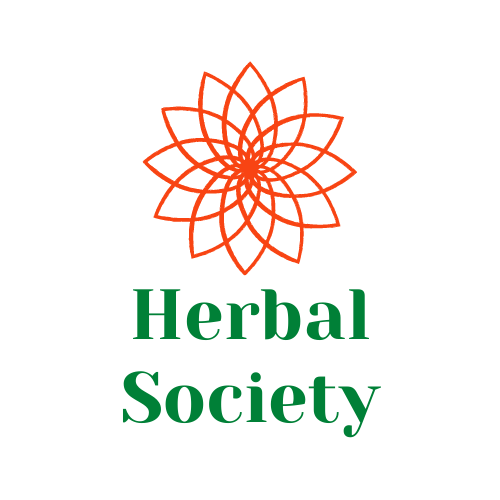
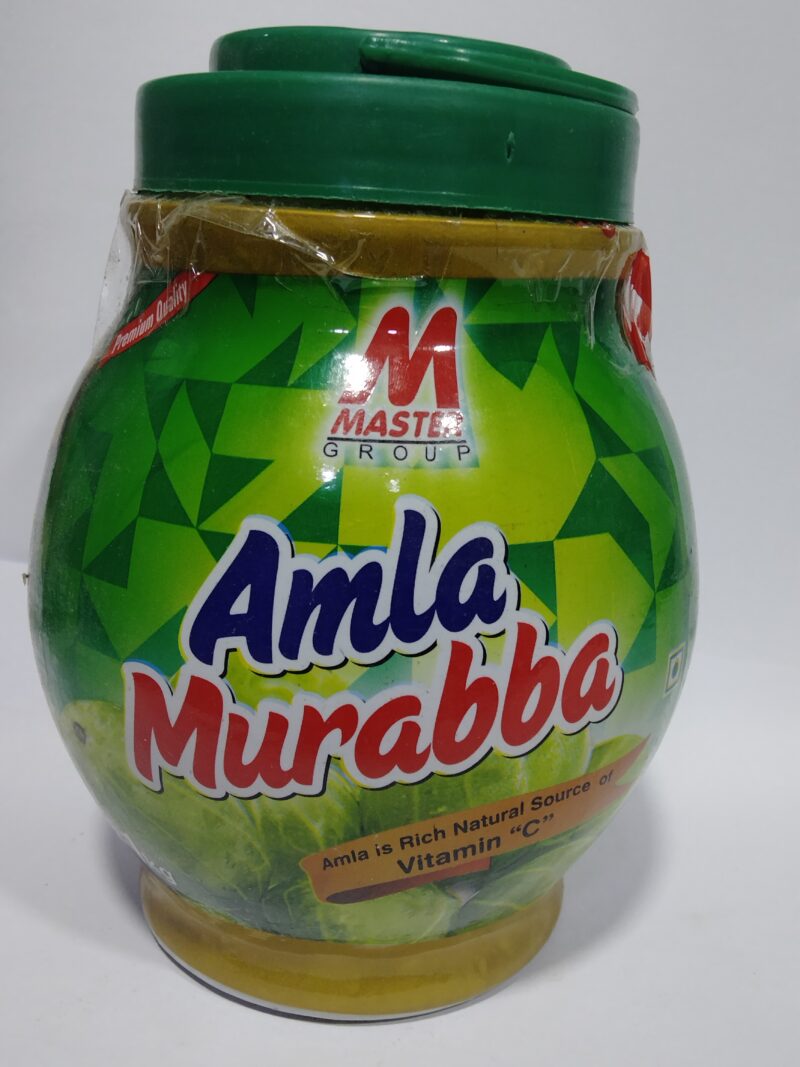
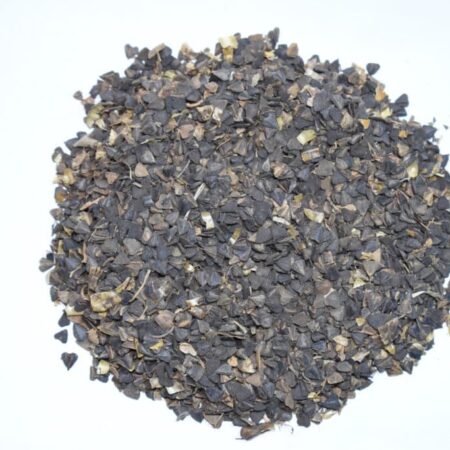
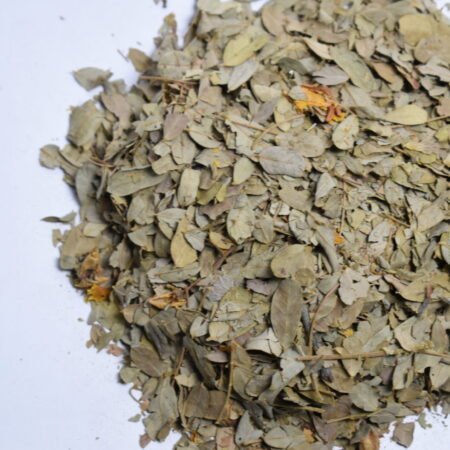
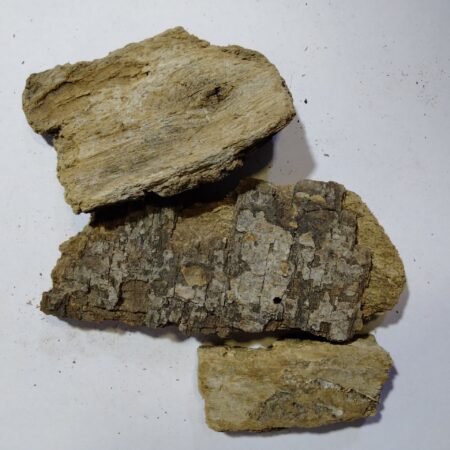

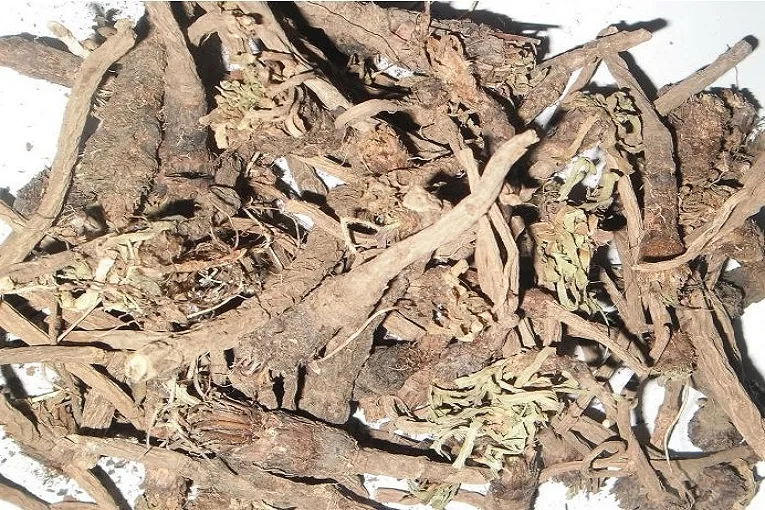

Reviews
There are no reviews yet.